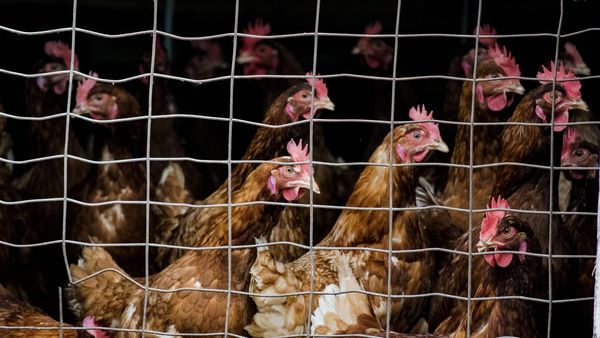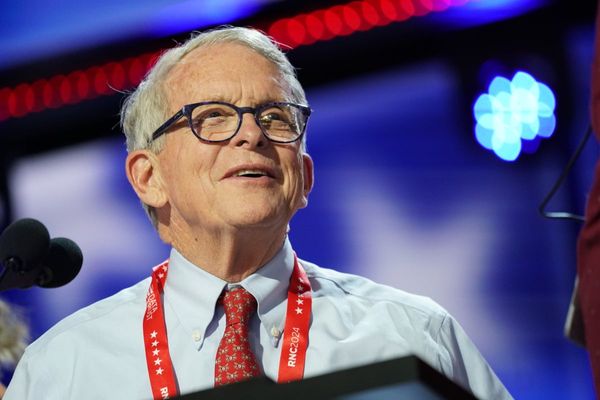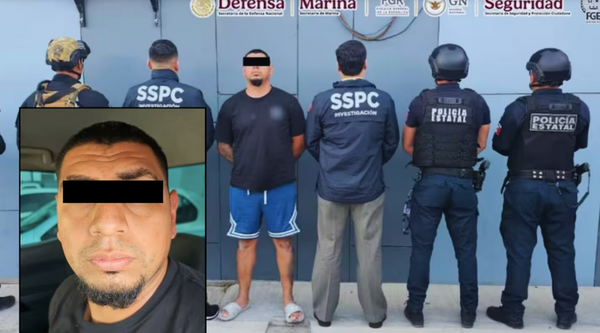
Los Angeles (AFP) - The U.S.Olympic and Paralympic Committee backs moves to allow athletes from Russia and Belarus to compete at the 2024 Paris Olympics provided they do not participate under their countries' colours or flags, officials said on Monday.
US officials said that there was "unanimous interest" amongst delegates to an International Olympic Committee (IOC) summit to come up with a pathway that would allow athletes from Russia and Belarus to return to competition.
The two countries have been isolated from international sport ever since Russia launched its invasion of Ukraine in February.
However USOPC chairwoman Susanne Lyons told reporters on a conference call that the "fabric" of the Olympic movement was at risk if athletes were not given the chance to compete as neutrals.
"There was a lot of discussion about whether athletes who happened to have been born in (Russia and Belarus) and have passports from those countries have a pathway whereby they can compete as clean and neutral athletes going forward," Lyons said.
"I think there's a fair amount of desire for that to happen over time because our mission is to bring the world together in peace through sport.
"Prohibiting individual athletes from competing is hard for the movement to tolerate."
Last week's Olympic summit included delegates from the Olympic movement as well as representatives from the US, Chinese and Russian Olympic Committees.No Ukrainian Olympic representatives attended the meeting.
Lyons said Olympic officials wanted Russian and Belarusian athletes to have the chance to compete as neutrals in order to avoid a return to the boycotts of the 1970s and 1980s.
'Olympic fabric' at risk
"There are conflicts around the world every day, countries at war every day, and if people decide they want to boycott things, tit-for-tat, - 'You didn't come to our games, so we won't come to your games' - very quickly the fabric of the Olympic and paralympic movement falls apart," Lyons said.
At this year's Winter Olympics in Beijing, Russian athletes were only allowed to compete under the country's Russian Olympic Committee flag due to previous doping violations.
However many athletes from Russia competed in uniforms in the colours of the Russian flag.
Lyons said Olympic officials would only allow Russian athletes to compete in future provided they wore "strictly neutral" uniforms.
"In the past when they competed as neutrals, it was in the same colours and had the word Russia in it," Lyons said.
"But there was absolute agreement that this would have to be strict neutrality.It can't be the colours, it can't be the name of the country.A stricter neutrality would have to be maintained."
Olympic officials would also attempt to look into ways of vetting athletes to ensure they had never supported Russia's conflict in Ukraine, although Lyons acknowledged that might be "impossible" to determine.
"The athletes are supposed to have not been supporting the actions of their government's actions against Ukraine," she said.
"I don't know how they could possibly know.But there an agreement that they would want to have athletes who have not actively supported the conflict."







